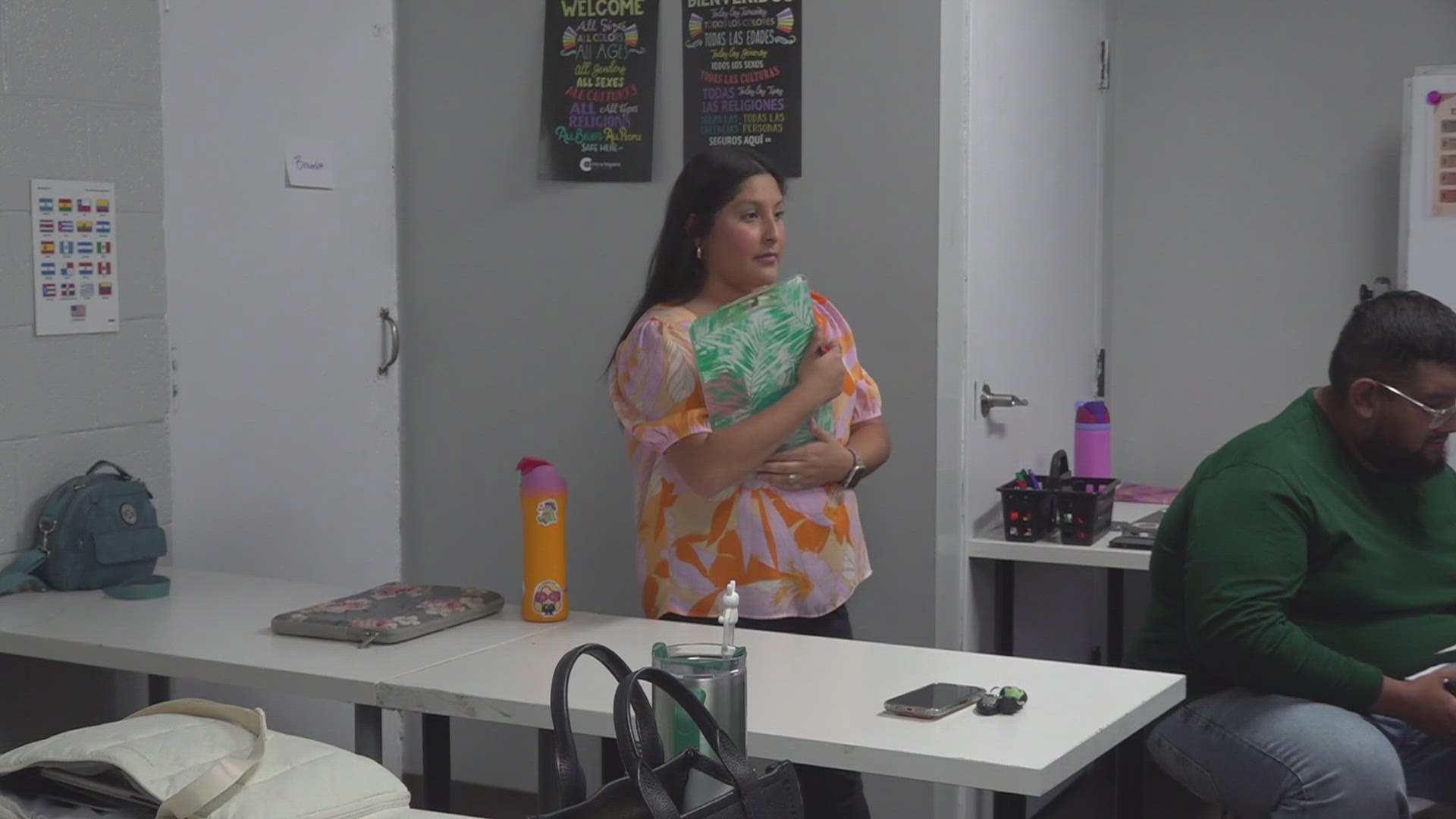KNOXVILLE, Tenn. — Imagine going to the doctor and not understanding what is being said at your appointment. That's the reality for some East Tennesseans in the Latino community.
An East Tennessee nonprofit is working to help patients who do not speak much English better communicate with their medical providers. Centro Hispano is training medical interpreters to help bridge the gap.
"We're really seeing the health disparities now more than ever when it comes to the health care that Latinos receive versus the health care that our white counterparts receive. And a lot of that is due to language inequities," said Dalia Rodriguez-Rojo, the medical interpreter program coordinator.
In order to apply for the program, applicants must be 18 years old or older, of Latino descent, and be fully bilingual in both English and Spanish. Rodriguez-Rojo said the program is broken up into two sections.
"The first half of our program is the actual learning process. And so it's learning the medical terminology, learning the ethics learning, you know, all the rules and regulations um when it comes to legality. So HIPPA, what is the privacy act, things like that," she said.
She said the second half is the "practicum." She said the students go into the community to offer interpreting services to medical institutions in East Tennessee. She said after that, students become graduates of the program. They're then able to take the national exam.
Regina Amaro said she grew up in Texas speaking English and Spanish, and when she attended medical appointments there was usually someone who worked as a medical provider who could speak Spanish. But she said that changed when she moved to East Tennessee.
"I would go to my appointment or a family member's appointment and see another patient struggling to get out the words, help them understand. So as a good Samaritan, I just stepped in by myself," said Amaro.
She said that's when she found out there was a career path in medical interpretation. Rodriguez-Rojo said she grew up translating for her own parents, which she said is common for children to do when they speak more English than their parents. She said that's part of the reason Centro Hispano worked to bring this program to East Tennessee — because kids shouldn't have to translate sensitive information like healthcare needs.
"A lot of times people don't realize that medical interpretation is a real career. They don't take it as seriously because they've never been put in that situation where they've had a language barrier," said Rodriguez-Rojo.
Amaro said she's thankful to be in this program at no cost to her and to complete the program in less than a year.
"It's just such a blessing. I feel super privileged to be able to have this program and there and then being able to have the opportunity to do it as a career is amazing," said Amaro.
She said anyone with the drive to help people who are also bilingual should consider applying for this program.
Centro Hispano staff said the national average pay for a medical interpreter is about $63,000 a year, but that can vary based on where workers are located, whether they work freelance or at a medical institution, and their experience level.
For more information, applicants can contact Rodriguez-Rojo at interpreter@centrohispanotn.org.

